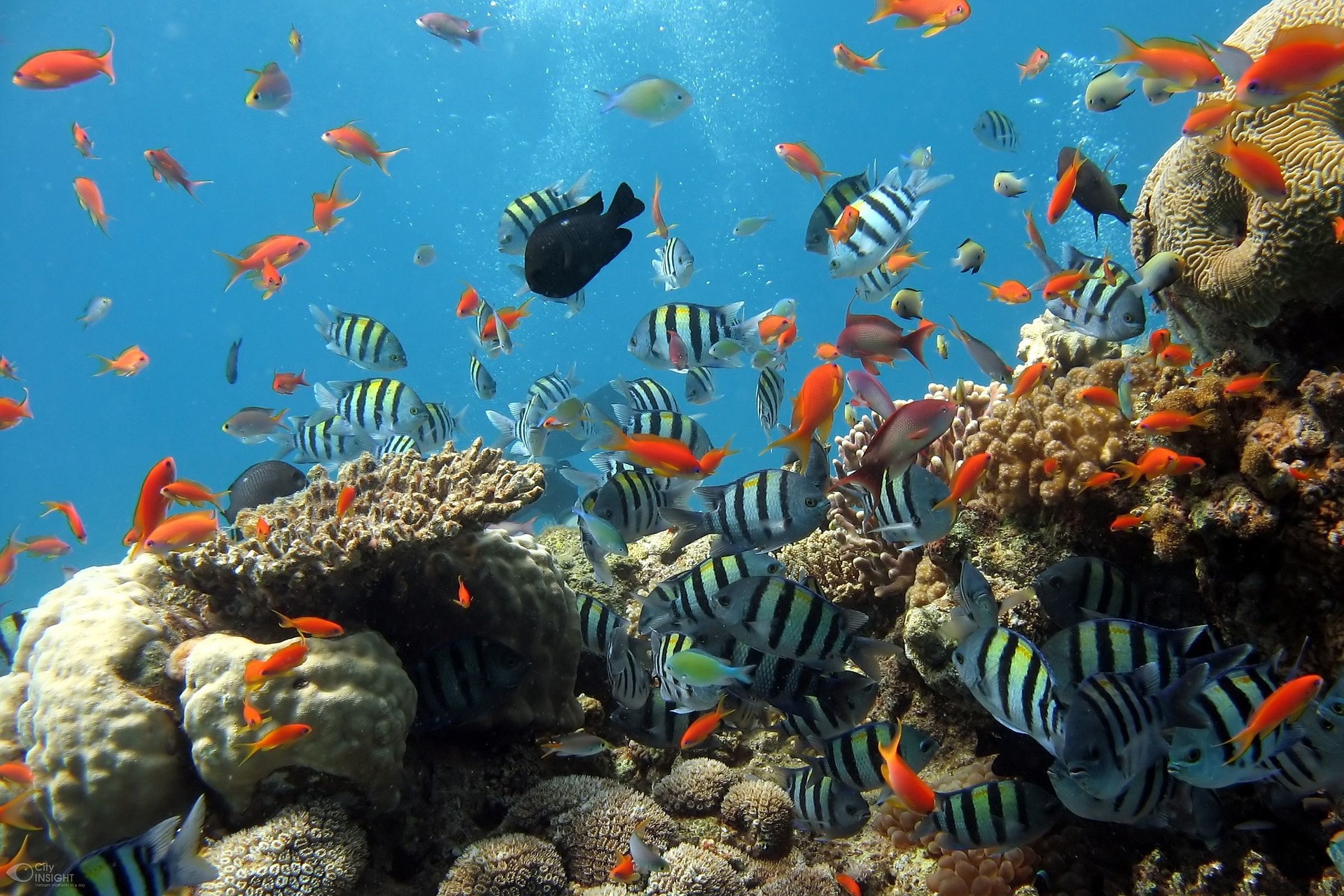Plastics Pirate appreciates your support of our environment. We're working on some solutions we can't wait to share with you soon. Stay tuned...


Plastics Pirate appreciates your support of our environment. We're working on some solutions we can't wait to share with you soon. Stay tuned...